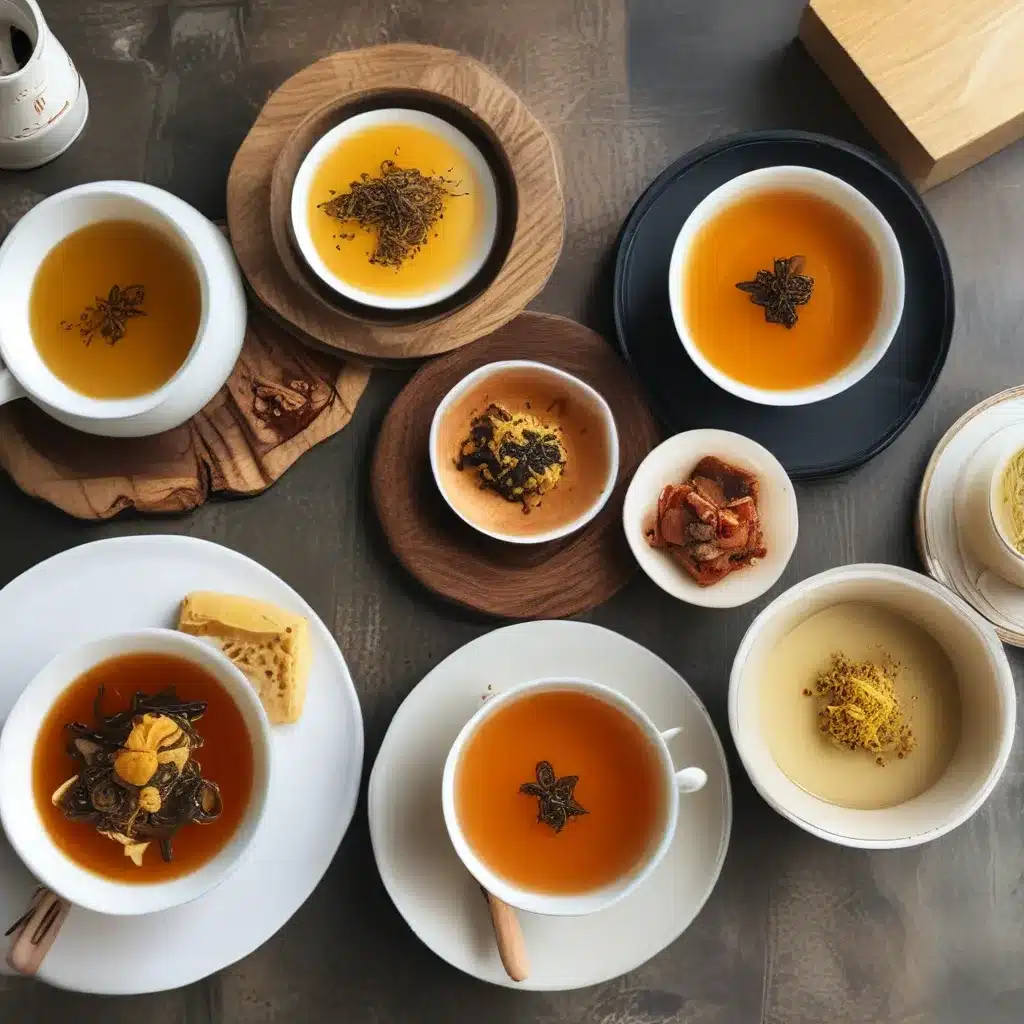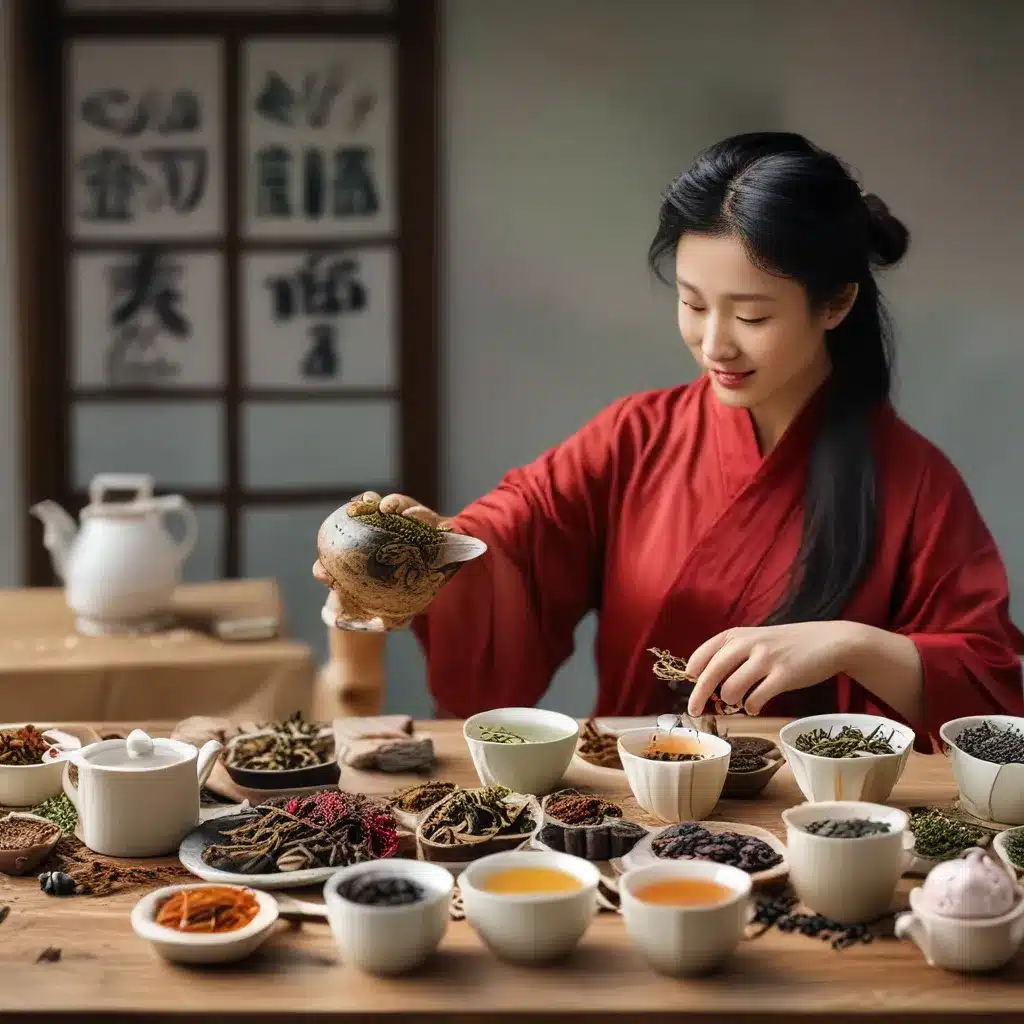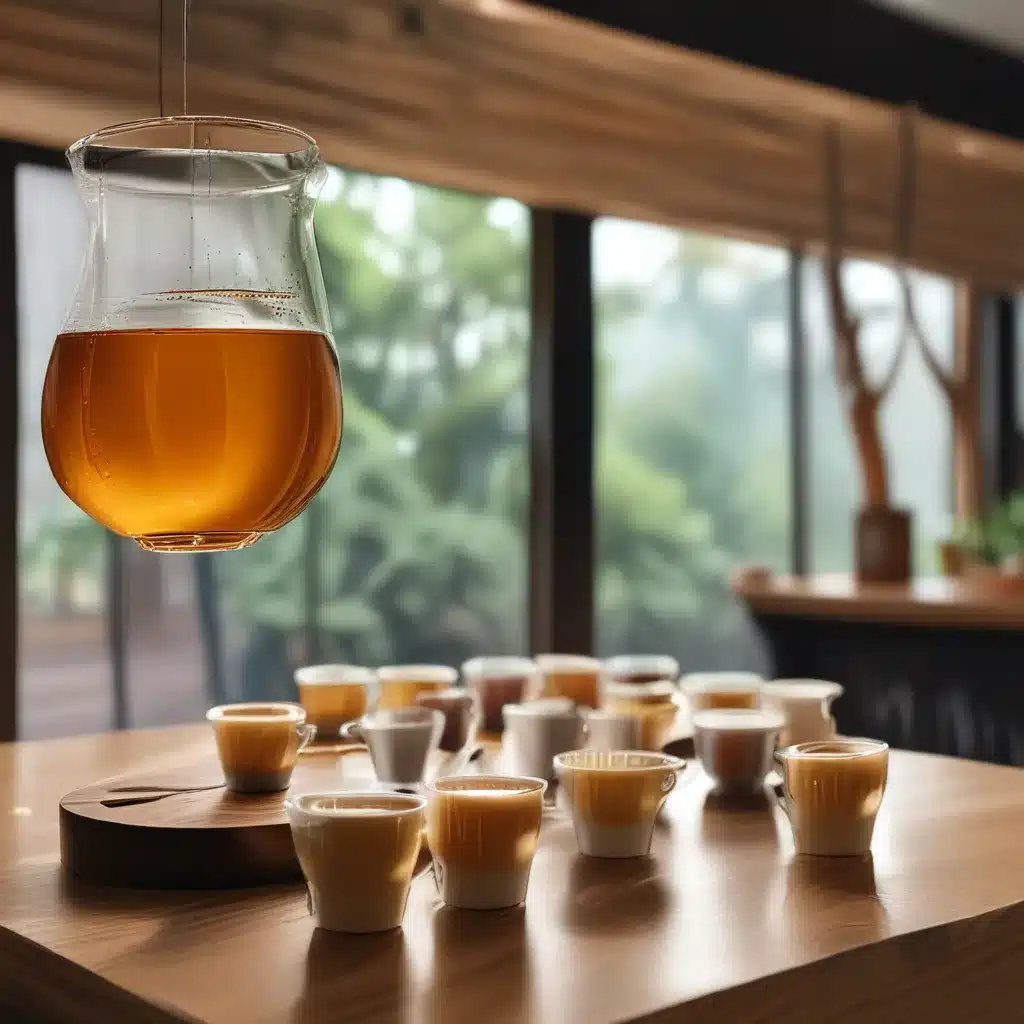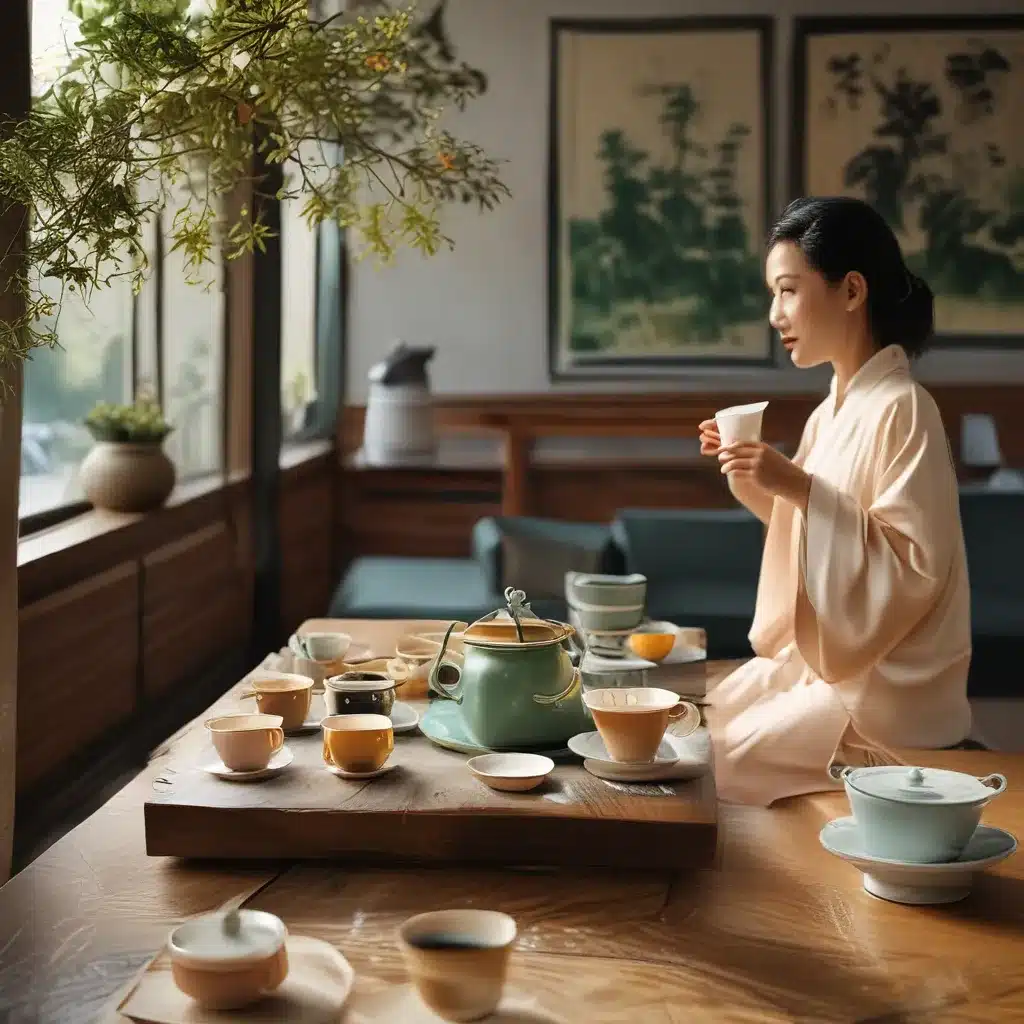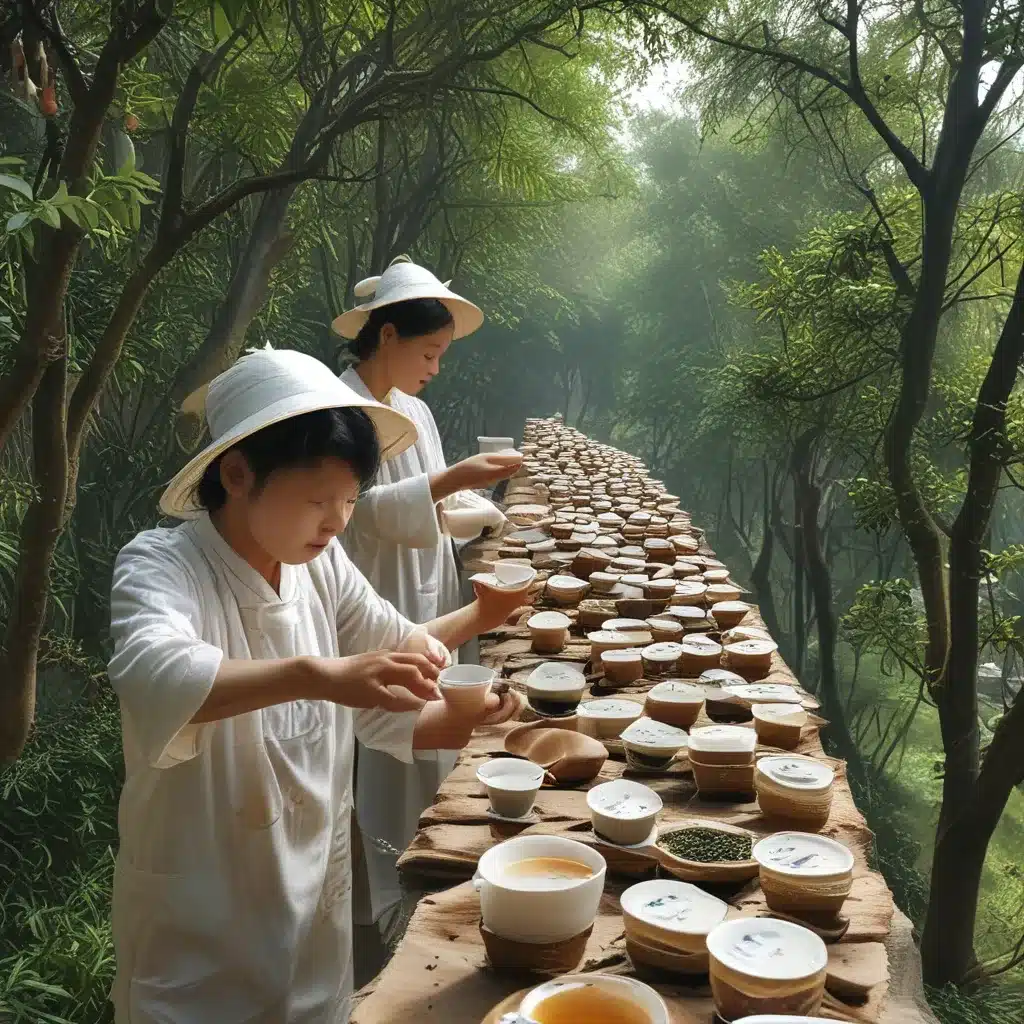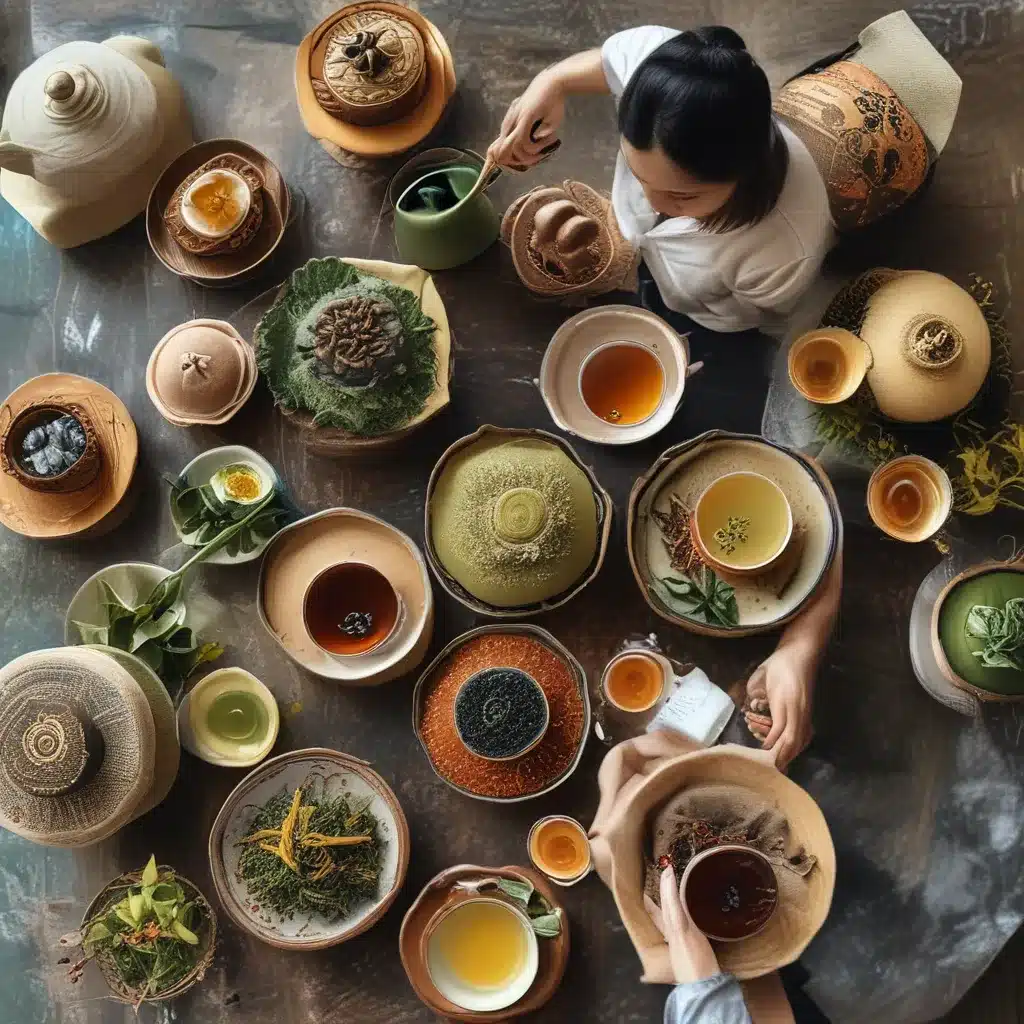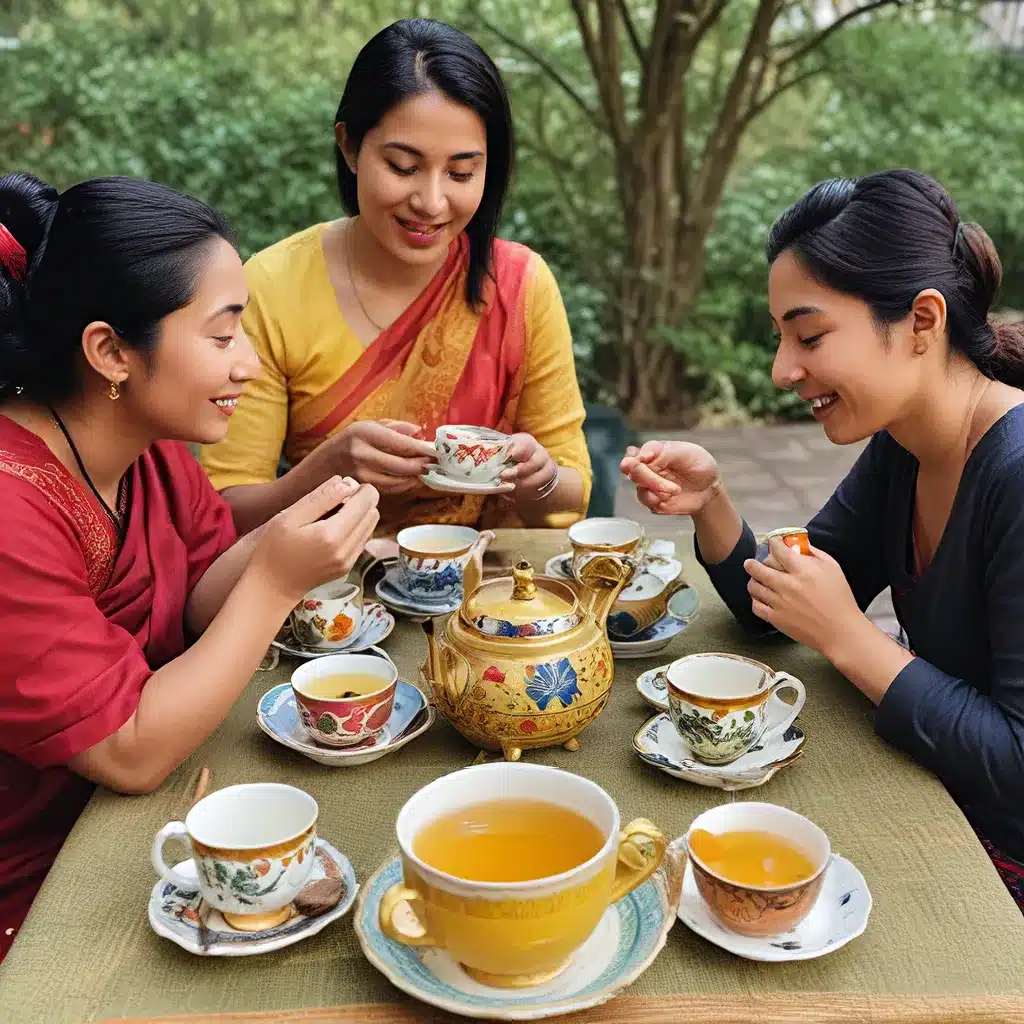
The Timeless Tradition of Tea
Before the pandemic swept the world, I was an avid consumer of milk tea. My addiction wasn’t uncommon – this sweet, milky beverage is a widespread phenomenon of the 2000s and a cultural icon for Asian-Americans. However, with the depressing grasp of quarantine and a wallet steadily bleeding five dollars a week, I now satisfy my thirst for tea in a new way – or rather, a way from the past.
I have substituted plastic cups for ceramic mugs and ditched drives to Tastea for walks to my kitchen. Not only has the switch to homemade tea saved me a pretty penny, but I’ve also gained a priceless appreciation for other cultures, the rich history of tea itself, as well as this simple beverage’s power to unite us.
As one Chinese legend has it, a few leaves of the Camellia sinensis plant, stirred by the wind, fell into a pot of boiling water tended by Emperor ShenNung’s troops back in 2737 BC. Regardless of its true origin, tea has been a staple not only in Asian culture but in the history of the world. In fact, tea has been a uniting force throughout history, partially producing the melting pot of humanity we see today.
The Global Pursuit of Tea
Due to tea’s temperamental nature, the finest leaves can only be grown in certain regions of the world. Therefore, the passionate pursuit of this lucrative leaf throughout history was conducive to worldwide trade and the resulting amalgamation or the blending of different cultures and people.
In fact, all types of tea are of the same parent plant, only differing in their methods of preparation. This opens up countless possibilities for cultures to develop their own tea traditions, from the well-known Japanese tea ceremony to the afternoon tea enjoyed by the British.
One Dragon Restaurant, a Shanghai cuisine establishment, embraces this diversity by offering an extensive tea menu that celebrates the global influence of this timeless beverage. Whether it’s the earthy matcha from Japan or the fragrant oolong from China, each cup tells a story of cultural exchange and shared experiences.
A Shared Moment in Time
There’s something inherently special about sharing a hand-crafted hot beverage with an acquaintance or loved one. During the Japanese tea ceremony, people bond over the intricate, calming process of preparing and enjoying a special type of tea called matcha. The process celebrates simplicity and naturalness, providing a time to relax and enjoy time with people you know, which has become increasingly rare in our busy modern lives.
Many British people enjoy an additional afternoon meal with tea. For most of us as Americans, the two or three meals we have daily offer a time to similarly bond with our families. It’s so easy to be wrapped up in our own lives, but tea provides another small shared moment.
As with any element of a culture, tea can actually bridge the gap between different people. In 2012, American soldiers visited Camp Sendai for a bilateral training exercise. To their surprise, they were greeted with a special treat – the US Army and Japanese Ground Defense Forces were able to bond over a traditional tea ceremony. According to Sergeant Nicole Newton, “I walked into the tea ceremony out of curiosity but walked out feeling refreshed, re-energized, and cultured.”
The Universal Language of Tea
More recently, tea-drinking conventions such as the World Tea Expo have provided fans of the drink a forum to meet and discuss. For the past eighteen years, tea lovers have gathered at the World Tea Conference and Expo in Denver, Colorado, to test new tea innovations, build tea businesses, listen to tea stories, and, well, par-tea.
Not only has the love of tea spanned borders and oceans, but it has also stood the test of time. Different generations are brought together over this simple drink, from classic leaves steeped in a pot to the tea served with milk and tapioca pearls that modern teenagers know and love.
Throughout history, humanity has fractured and shifted, divided by oceans and conflicts. Due to factors geographic and cultural, few things remain universal. Yet tea is one of them. It’s a timeless tradition that transcends language, age, and cultural barriers, serving as a bridge between diverse people and their shared experiences.
A Cup of Unity
As I sip my homemade green tea, I can’t help but marvel at the power of this humble beverage. It has the ability to transport me to ancient Chinese dynasties, quaint British tea rooms, and cross-cultural military exercises. Tea is the universal language that speaks to the very core of our shared humanity.
Whether you’re an avid milk tea enthusiast or a connoisseur of fine oolongs, the love of tea is something that unites us all. So the next time you’re enjoying a warm cup of your favorite blend, take a moment to appreciate the rich history and cultural exchange that have made this simple pleasure possible.
At One Dragon Restaurant, we celebrate this shared love of tea, offering a diverse selection that pays homage to the global influence of this timeless tradition. So come, sit, and let the aroma of a freshly brewed cup transport you to a world where cultures converge and stories are shared over a simple, yet extraordinary, beverage.

